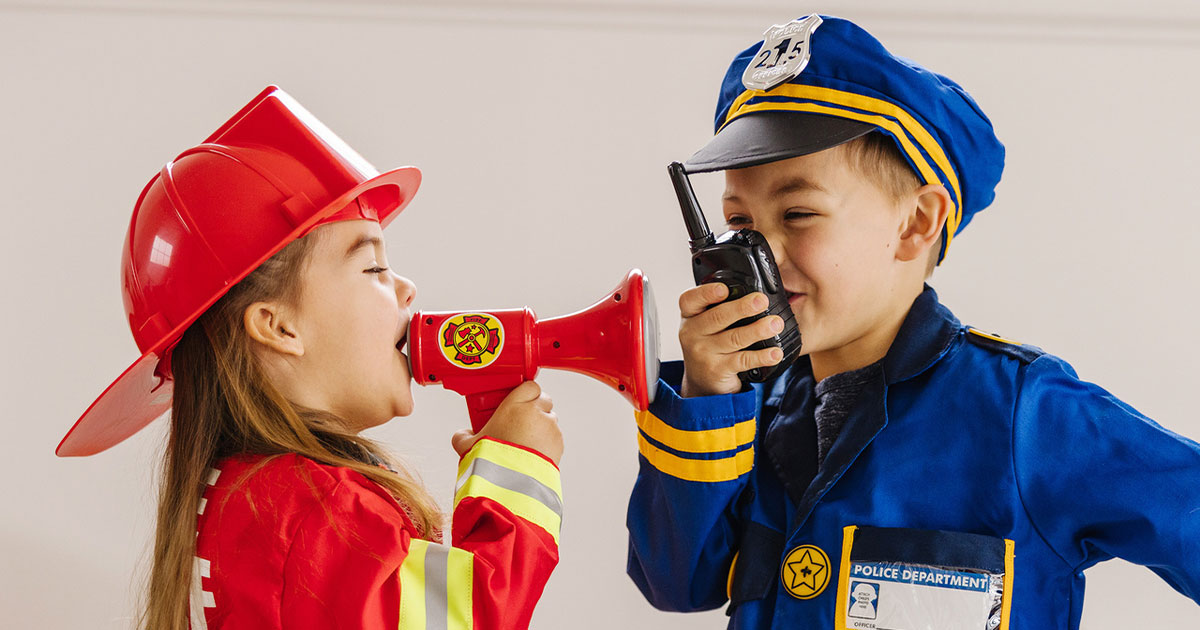Education
What is Socialization?
Socialization is the lifelong process through which individuals learn and internalize the values, norms, beliefs, and behaviors of their society or culture. This process enables people to function effectively within their social groups and broader society. Socialization begins in infancy and continues throughout life, shaping personality, social skills, and cultural adaptation. Key aspects of socialization: […]
Education
What is Social-Emotional Development?
Social-emotional development refers to the process by which children acquire the knowledge, attitudes, and skills necessary to understand and manage emotions, set and achieve positive goals, feel and show empathy for others, establish and maintain positive relationships, and make responsible decisions. This developmental domain is crucial for overall well-being, academic success, and lifelong social functioning. […]
Education
What is Social Validity?
Social validity is a concept in behavioral and social sciences that refers to the social importance and acceptability of intervention goals, procedures, and outcomes. It emphasizes the need for interventions and research to be meaningful, relevant, and valuable to the individuals and communities they aim to serve. Key components of social validity: Goals: The significance […]
Education
What is Social Self-Concept?
Social self-concept refers to an individual’s perception and evaluation of their social abilities, relationships, and standing within various social contexts. It is a crucial component of overall self-concept and plays a significant role in shaping behavior, social interactions, and psychological well-being. Key components of social self-concept include: Social competence: Beliefs about one’s ability to navigate […]
Education
What is Social Referencing?
Social referencing is a developmental process in which individuals, particularly infants and young children, look to others for cues on how to respond to unfamiliar or ambiguous situations. This behavior plays a crucial role in emotional development, social learning, and the formation of attachments. Key aspects of social referencing include: Emotional cues: Observing and interpreting […]
Education
What is Social Reconstructionism?
Social reconstructionism is an educational philosophy that emphasizes the role of education in addressing and solving social problems. This approach views schools as agents of social change and reform, with the goal of creating a more just and equitable society. Key principles of social reconstructionism include: Critical analysis: Encouraging students to examine social issues and […]
Education
What is Social Promotion?
Social promotion is an educational practice where students are advanced to the next grade level despite not meeting academic requirements or standards for promotion. This approach is based on the belief that keeping students with their same-age peers is more beneficial for their social and emotional development than holding them back. Key aspects of social […]
Education
What is Social Pretend Play?
Social pretend play is a crucial aspect of child development that involves children using their imagination to create and act out scenarios with others. This type of play typically emerges around the age of 2-3 years and becomes increasingly complex as children grow older. During social pretend play, children take on different roles, use objects […]
Education
What is Skimming?
Skimming is a reading technique used to quickly identify the main ideas or general overview of a text without reading every word. It is a valuable skill for efficiently processing large amounts of information, particularly in academic, professional, and information-rich environments. When skimming, readers typically focus on key elements of the text such as: Titles […]
Education
What is Site-based Management/Decision-Making?
Site-based management, also known as school-based management or site-based decision-making, is an educational reform strategy that shifts decision-making authority from centralized district offices to individual schools. This approach aims to improve educational outcomes by empowering those closest to the students – principals, teachers, parents, and community members – to make key decisions about school operations, […]














